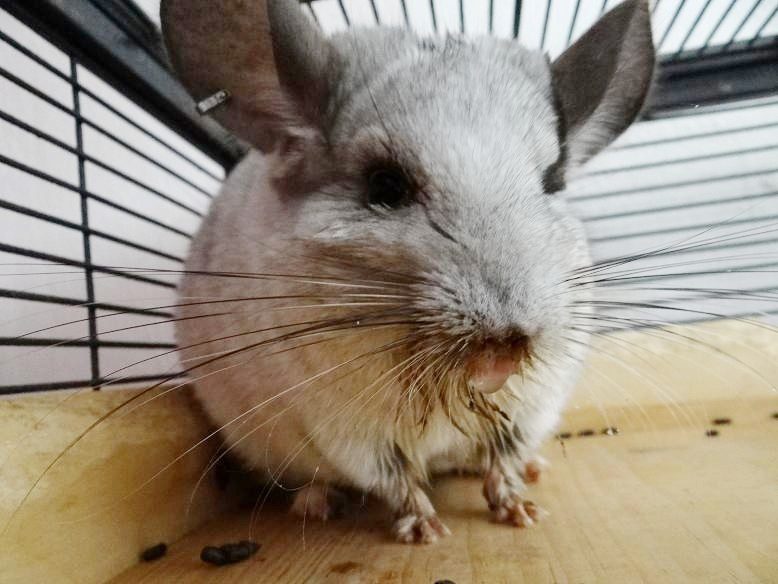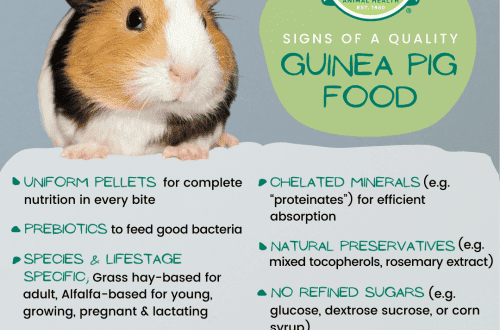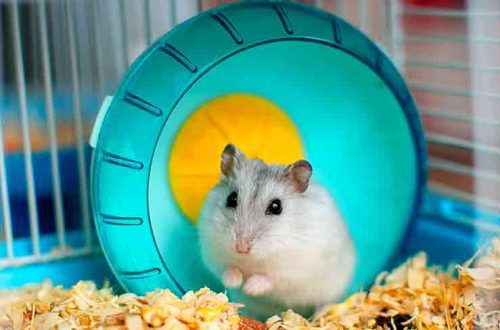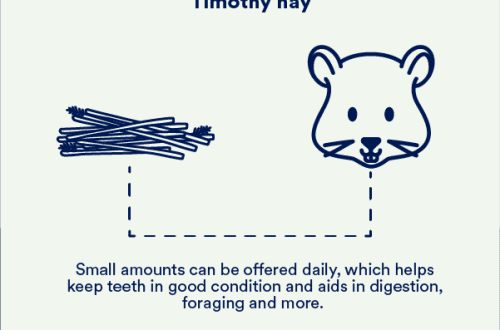
Colds in chinchillas
In all recommendations for the content of chinchillas, you will definitely find instructions about the location of the cage. A cage with rodents should not be installed near a window, heating appliances, sources of noise, bright light. Also, it must be reliably protected from drafts. The fact is that temperature changes provoke the development of colds, which, if left untreated, can lead to serious consequences.
Along with drafts, sudden changes in temperature and high humidity are also provocateurs of a cold. Chinchillas are sensitive to conditions, and if your pet also has a weakened immune system, then the risk of catching a cold becomes significant. Chinchilla cubs are the most severely affected by colds. Therefore, the climate of the room in which the babies are kept must be monitored even more carefully.
First of all, a cold is indicated by a runny nose and fever. The optimal body t of a healthy chinchilla is 36-37,8? C, and sick – 38-39? C. Temperature increase up to 38? C is already dangerous for a small pet, and higher rates pose a threat to life.
Unfortunately, many owners do not consider a cold to be something serious and hope that the ailment will go away on its own. But, as practice shows, without timely intervention, even a mild cold can lead to complications, in particular, to bronchopneumonia.
Bronchopneumonia is a serious disease accompanied by severe nasal discharge, sneezing, coughing, shortness of breath and wheezing. The behavior of the animal also changes: it rubs its muzzle with its paws, becomes restless, lethargic, its appetite worsens.
If you suspect bronchopneumonia in your pet, contact your veterinarian as soon as possible: he will prescribe effective medications. In no case do not self-medicate: in this case, it will only aggravate the situation.
With symptoms of a cold, be sure to eliminate drafts, normalize the humidity and air temperature in the room where the chinchilla is kept, improve feeding, and insulate the rodent’s house. Be sure to consult with a specialist, perhaps he will prescribe antibiotics and drugs to increase immunity. If your pet has a cold without sudden changes in indoor climate, reconsider his diet. Perhaps the chinchilla does not receive enough vitamins and nutrients, which negatively affects its immunity. Choose only high-quality, complete and balanced food for your pets.
Take care of your little friends and be healthy!





